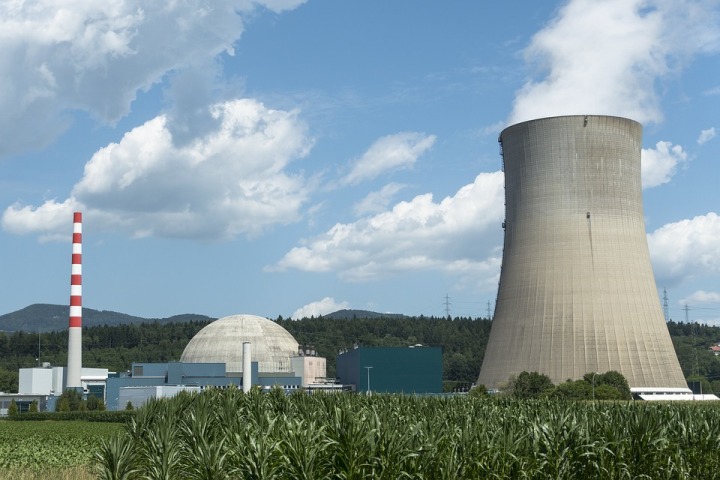8th Nuclear Operator's Forum: Experts convene to share ideas on nuclear challenges
New strategies, tools, and resilient organizations are needed to address the challenges that nuclear electricity generation will face in the upcoming ten years, industry leaders agreed.

The nuclear industry is undergoing a period of significant change: several of the 30 countries operating nuclear power plants are expanding their fleet or considering using their nuclear power plants beyond their original design lifetime, while others aim to downsize or retire their nuclear fleets. About 30 other countries are considering, planning or starting nuclear power programmes.
Given such changes, experts, scientists, and officials from the various Member States came together at the 8th Nuclear Operators’ Forum, a Side Event to the IAEA’s 62nd General Conference, to share information and ideas on effective ways to tackle challenges related to their nuclear power programmes.
“Owners and operators have to establish and maintain a proactive approach if they want to continue producing electricity from nuclear power plants (NPPs) and do it safely, reliably and efficiently,” said Mikhail Chudakov, IAEA Deputy Director General and Head of the Department of Nuclear Energy.
“Sustainability comes with reliable and efficient power generation,” he added. “For this, we need to involve everyone, including governments, utilities, and the public. The IAEA’s recent launch of a technical working group for industry executives in NPP operations is a testament to this proactive approach.”
Out of 455 nuclear power reactors operating in the world, 301 — or 66% — have been operating for 30 years or more, and long-term operation and ageing management programmes are being implemented for an increasing number of these reactors. Of the 30 Member States operating nuclear power plants, 13 are constructing new units or completing previously suspended construction projects. There are plans or proposals for new reactors in 16 operating Member States.
Strong and consistent government support is vital to the success of nuclear power. From inception through decommissioning, at least a century of vigilance is required for nuclear power plants, and necessary oversight, as well as research and development, can be carried out only under consistent national policies regarding nuclear power.
New strategies, tools, and resilient organizations are needed to address the challenges that nuclear electricity generation will face in the upcoming ten years, industry leaders agreed.
“Other highly technical industries have successfully deployed innovative technology and process solutions to maintain or even enhance safety while reducing their costs. The nuclear industry has been slow to fully embrace these opportunities,” said Neil Wilmshurst, Chair of the Forum and EPRI Vice President and Chief Nuclear Officer. “The nuclear industry has identified a collaborative need to accelerate the deployment of innovative solutions that address the most urgent challenges facing the current global fleet of nuclear power plants.”
In addition, the nuclear industry is also seeing changes in its workforce. Many experts with specialist knowledge, as in the design, safety or operations sectors, will soon be retiring, with a new generation gradually coming in to replace them.
The nuclear sector relies heavily on a highly competent and specialized workforce for its safety, sustainability and high levels of performance. Countries already operating nuclear facilities, as well as those introducing nuclear power, need to ensure that they have the right workforce not only today but also in the future. Many of the human resource development needs are common across the entire nuclear power community. Attracting and training the human resources needed to sustain the current development of nuclear power programmes worldwide, will be one of the key challenges of the sector.
- READ MORE ON:
- nuclear industry
- nuclear power plants
- 8th Nuclear Operators’ Forum










